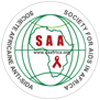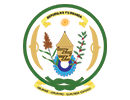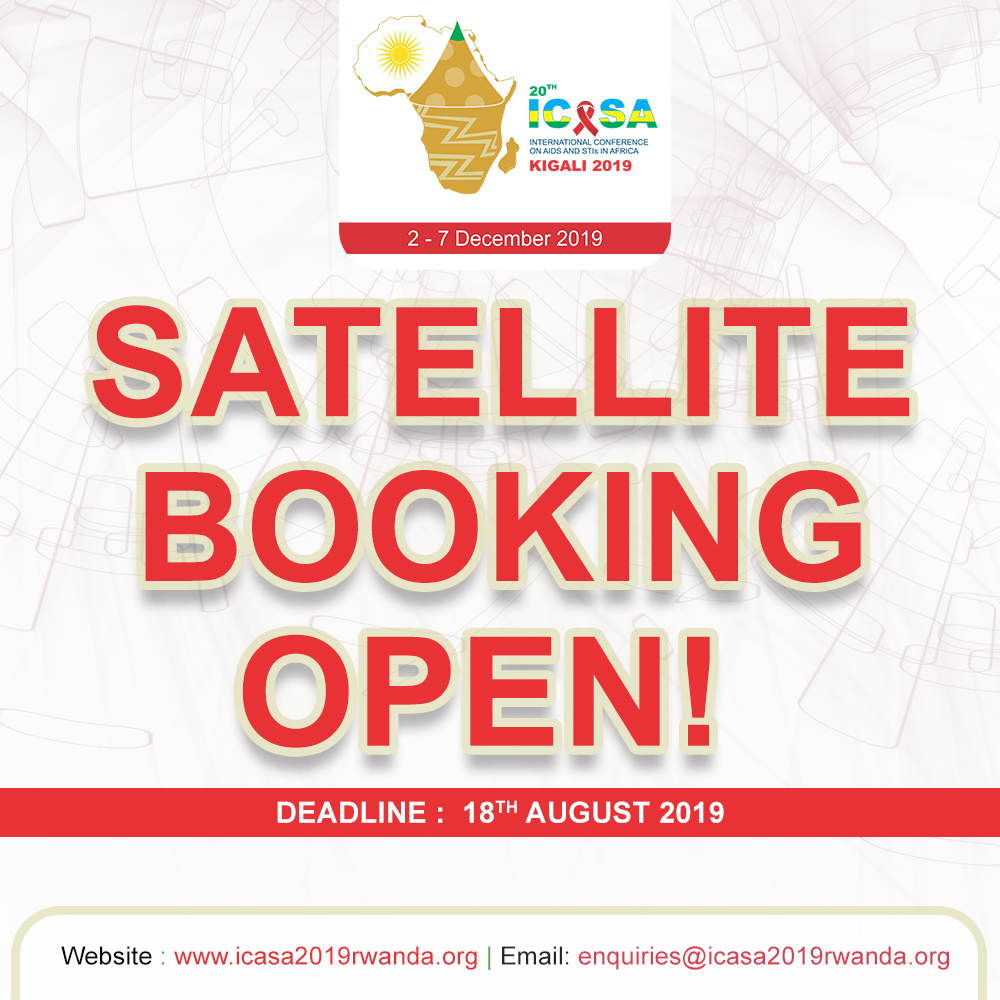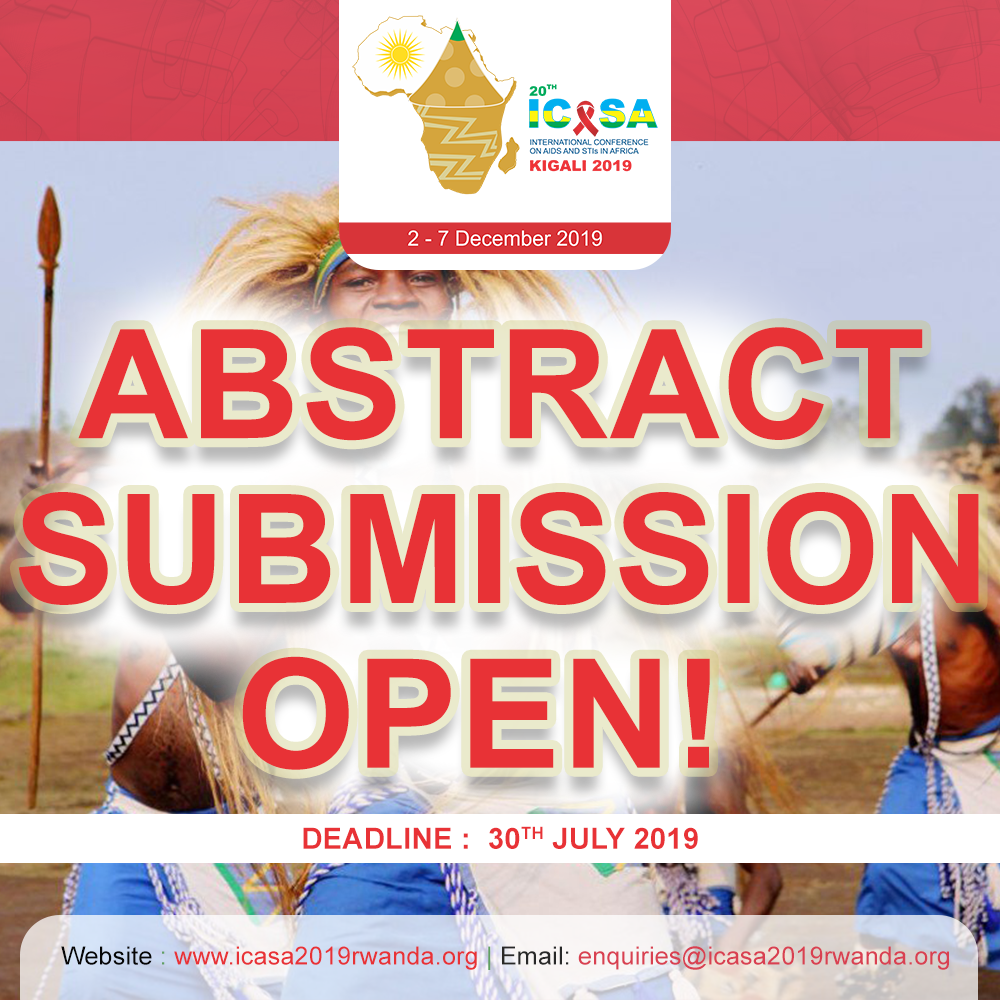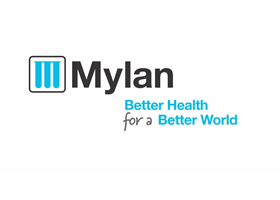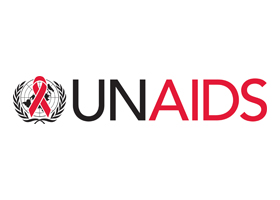A valid research must pass two tests – the science and the ethics test. The science needs to be valid and ethics must promote integrity. Bad science is unethical. Good science can be unethical.
At the 2019 Bioethics Forum, an official pre-conference of the 2019 ICASA conference holding at Kigali, Rwanda, participants were encouraged to invest more in advocating about the ethics of research. There is a limit to the difference advocates can make with the science. Advocates can do a lot more with the ethics. Ethics is people-centred while the science is data-centred. While science can push for a 90-90-90 agenda, ethics needs to look out for and care for the 10-10-10 that every other persons feel comfortable to leave behind. Thinking and advocating for those 10-10-10 will favour Africans who are likely to be the majority in that figure.
During a panel session at the Forum, Ntando Yola highlighted the basic principles that promotes ethics and stakeholder engagement in research – respect, transparency, community autonomy and accountability amongst others. He emphasized on the need for advocates to play the role of watchdog in monitoring compliance of the research implementation process with ethical standards. He noted that access to PrEP is a major game changing process for HIV prevention research design; and advocates need to watch the biomedical HIV prevention research space to ensure research is accountable to ensuring PrEP access by research participants.
Jackie Wanbui highlighted that though community engagement is considered ethical and essential for good science, it is poorly funded thereby limiting the extensive engagement with community members that is required to create the needed supportive environment for research conduct. Her experience as a member of the Global Community Advisory Board for the ECHO Study, the first of such, raised challenges for their engagement with the community of women they related with on how to interpret and relay the findings of the research. A participant at the meeting asked, how do we ensure dissemination of research findings reach the rural populace?
The Chair of the Rwanda Ethics Committee, Dr Jean-Baptiste, explained the philosophy that governs research protocol review in Africa in general and Rwanda in particular. Africa is a communitarian society where individuals live for the community good. Research approved by the ethics committees therefore, need to demonstrate social values that promote communal good; respect for live, its preservation and the giver of life; and support for the individuality of the person.
Participants at the meeting raised concerns about how research and research regulatory agencies can ensure the autonomy of adolescents who need to respect their parents due to cultural requirements, how monetary compensation will not serve as a motivation for research participation including parents enrolling their child for the monetary gains, and how laypersons on ethics committees can be empowered to should as the gatekeepers for community interests on ethics committees.
Participants at the meeting acknowledged a lot more needs to be done to build the capacity of advocates in the region to promote research ethics in Africa. Advocates are in a true position to help facilitate ethical thinking in HIV biomedical prevention research protocol design and implementation that is African in value, and implemented in ways that promote communal good.


